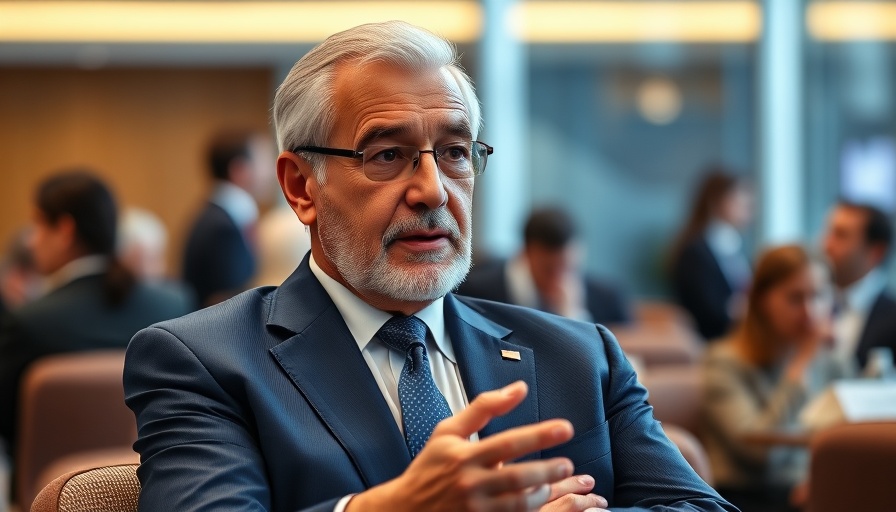
Tragic Toll of Measles: A Wake-Up Call for Vaccination
The tragic death of a second child from measles complications in Texas, accentuated by a measles outbreak that has affected 481 individuals since January, brings the discussion surrounding vaccination to the forefront. The recent fatalities highlight the risks of not vaccinating against one of the most contagious viruses known to man.
The Risks of Measles in Unvaccinated Individuals
Measles isn't just another childhood illness; it carries serious risks, particularly for unvaccinated children. The recent victim, an otherwise healthy school-aged child in Lubbock, succumbed to pulmonary failure linked to measles infection. Health officials noted that this child, like many others in this outbreak, did not have any underlying health conditions. This complicates the narrative surrounding vaccination, particularly for those who assert that healthy children can forego the vaccine.
Health Ramifications and Little Room for Debate
The data from Texas health officials reveal a grim statistic: about one in five children infected during an outbreak will require hospitalization, and one in 20 may develop pneumonia. Moreover, while most vaccinated children who catch measles only experience mild symptoms, the risks can compound swiftly and dangerously for those unvaccinated. Measles also poses a significant threat to pregnant women, potentially leading to premature birth and low birth weight.
Community Responses and Calls for Action
In the wake of this tragedy, Robert F. Kennedy Jr., a noted anti-vaccine activist, made headlines not only for his visit to consoles affected families but also his unexpected acknowledgment of the MMR vaccine's effectiveness in preventing measles. This shift in rhetoric from long-standing skepticism towards acceptance of vaccines can illustrate the need for open dialogue and acknowledgment of scientific evidence. It underscores that health professionals recommend vaccination as the primary defense against measles.
The Importance of Informing and Educating
Part of resolving the ongoing debate over vaccines involves ensuring that communities are well-informed about the necessity and benefits of vaccinations. Health education is essential, especially in areas like South Plains, which face higher susceptibility due to lower vaccination rates. Awareness campaigns can help counter misinformation and promote health standards that protect children and vulnerable populations.
Taking Action: What You Can Do
As concerned citizens, it falls upon us to advocate for health education and the importance of vaccinations. Understanding the science behind vaccines can empower individuals to make informed decisions for their families and communities. Parents can take action by ensuring their children are vaccinated on schedule, discussing concerns with healthcare providers, and participating in local health initiatives aimed at increasing vaccine uptake.
The deaths caused by this measles outbreak serve as tragic reminders of the stakes involved in vaccine hesitancy. With proper education, we can work together to bolster community immunity and protect future generations.
Conclusion and Next Steps
To truly prioritize the health and safety of our communities, making vaccination a norm rather than an exception is critical. I urge readers to engage in health discussions with family and friends, ensuring that the information shared is rooted in science. By taking proactive measures today, we can create a healthier tomorrow.
 Add Row
Add Row  Add
Add 




Write A Comment